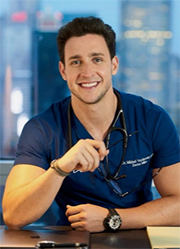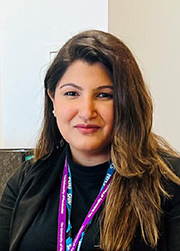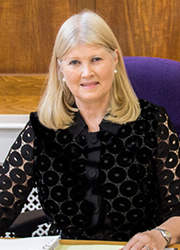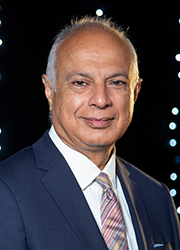
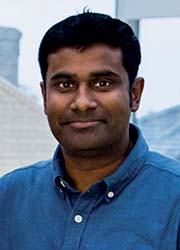
GP Lives: War and Peace
Dr Uwa Ima-Edomwonyi wants the voices of doctors from minority ethnic communities to be heard - so he decided to do something about it
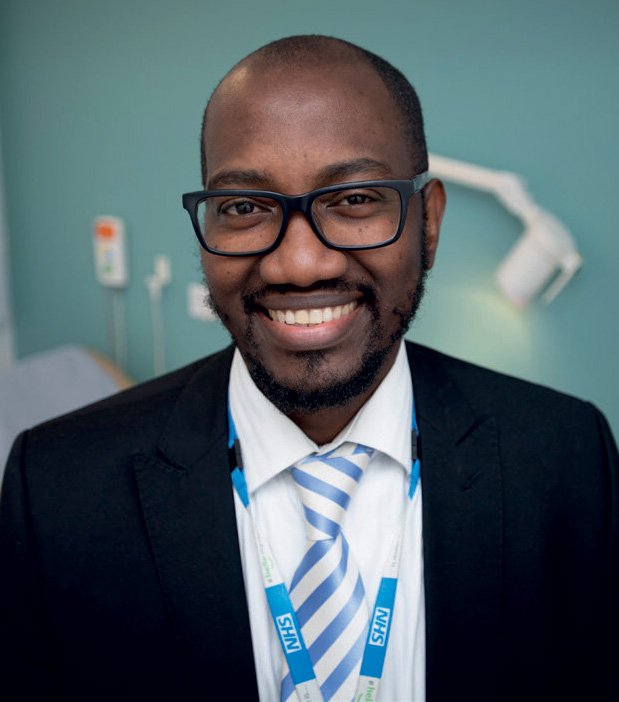
College Council member Dr Uwadiae Ima-Edomwonyi is not one to sit back and wait for things to happen.
During the first lockdown of the pandemic, he was struck by the disproportionate toll that Covid-19 was taking on minority ethnic communities - and became even more alert to the need for more GPs from ethnic minority communities to have a louder voice and greater representation in leadership roles, both within the profession and the RCGP itself.
At the same time, the College was developing its action plan to improve the experiences of black, Asian and minority ethnic GPs and patients in those communities. He took the opportunity to join the College groups working to put the plan together and also got involved in his local North West England Faculty.
“I was attending meetings regularly and it was a really enjoyable journey, so I decided to run for the national Council elections.”
Uwa, a Locum GP in NHS Tameside and Glossop Clinical Commissioning Group, was successful and became one of six nationally-elected members to join Council in 2021.
He also became vice chair of his faculty a few months later.
“Even before I ran for Council, I wanted to get involved with the College because it’s important that more people from black, Asian and minority ethnic communities are seen and heard,” he said.
“Also, as a sessional locum GP there are times when you feel as if you don’t have representation or that we’re not really counted as part of the flock, so to speak, so it’s important to be a voice for that group as well. Putting yourself forward can be daunting, but you have to seize opportunities when they arise in order to be part of making a difference. I’m very glad I did and I hope others will to.
There can be a disconnect between what the College does and what grassroots GPs do or believe is happening, but I am hoping there is a way we can bridge that gap between the College, the faculties and what grassroots GPs do and face on a day-to-day basis.
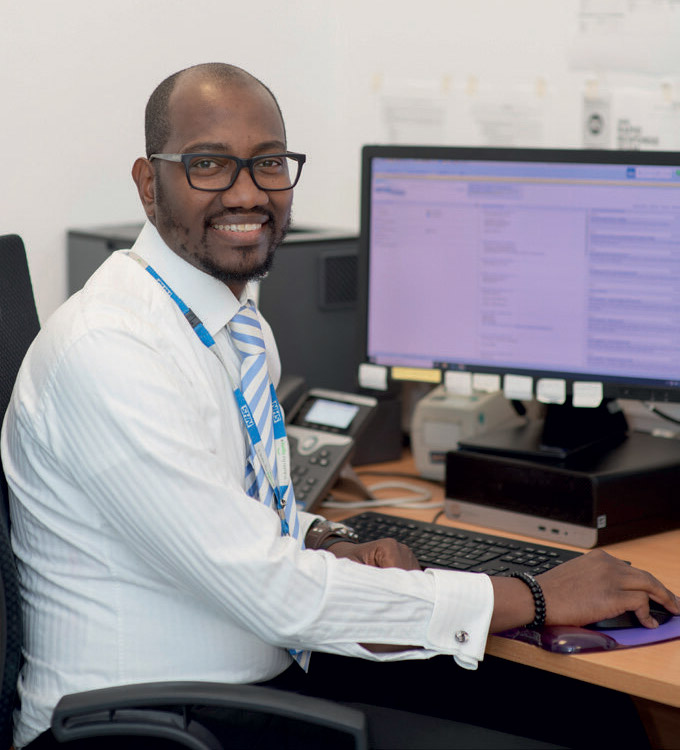
RCGP Council is now ‘hybrid’ and Uwa has attended both in person at 30 Euston Square and remotely. His first meeting was in person and he describes being ‘really excited’ about attending, and that despite some ‘expected protocols and proceedings’, he ‘really enjoyed it’.
“It was lovely to meet the College Officers and other Council members in person. You are expected to read and digest the Council papers prior to the meeting, which I did, and I contributed to the discussion of two papers at the meeting,” he said.
He attended his second meeting remotely and says that whilst you're still 'seen and heard', being given the opportunity to speak on items and vote if required, ‘there is nothing like actually being in the same room with colleagues.’
Uwa completed his medical degree in Nigeria and his experiences of being an International Medical Graduate GP have driven him to help other IMG doctors following the same path.
“One thing I have in mind is to continue to mentor and give back and support
GP trainees. I’m part of the organisation Nigerian GPs in the UK and am one of the GP mentors there, supporting GP trainees of Nigerian origin.”
Uwa draws on the advice he himself was given by former RCGP President, Professor Mayur Lakhani.
“Up until then I’d viewed being a GP as being my job, but he mentioned four areas that you should look to build on as you progress in your career as a GP. One is the clinical aspect, seeing patients and consultations; two is the academic educational side, so you can get into academia or teaching, or medical education; three is research as part of your career; and then the fourth is medical leadership, either in a primary care organisation or the College itself. It gives you a structure for your career and it’s important to take these opportunities,” he said.
“I’m hopeful that the College can connect more with its members and grassroots GPs as we carry on into the next really challenging few years. I want to be part of that and I hope that we can really bring about impactful influential change.”
Read more
Thank you for your feedback. Your response will help improve this page.
